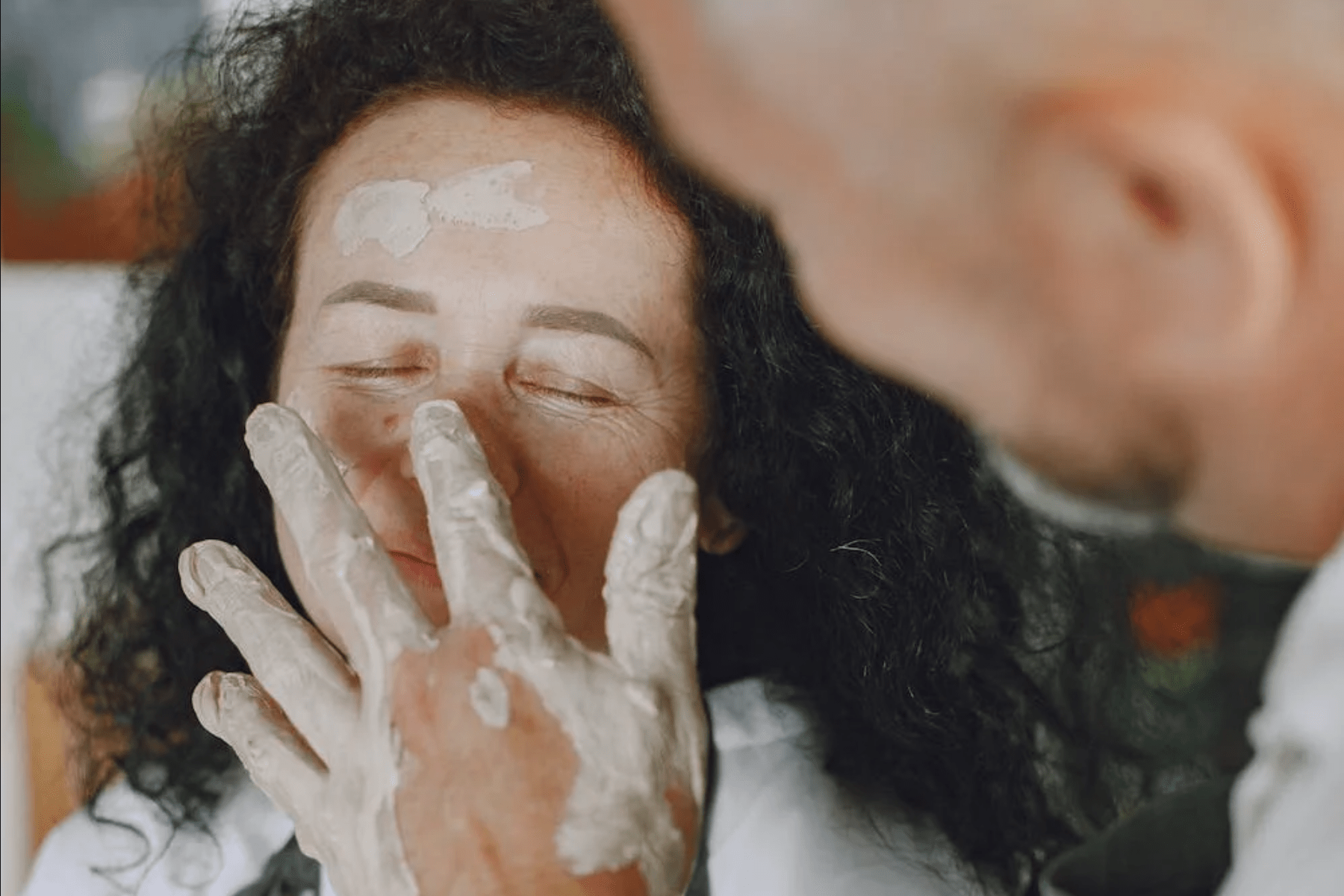Mental Health Matters
Mental Health—A Global Priority
It’s been nearly three years since the COVID-19 pandemic began, altering our daily lives and impacting everyone, no matter their nationality, race, or gender.
The world has witnessed incredible change in many areas—like global trade, education, medicine, and relationships—and shifted the discussion around our mental health.
More people are struggling with their mental health than ever before. At the beginning of 2022, the World Health Organization (WHO) reported an increase of 25% in anxiety and depression during the first year of the COVID-19 pandemic. And for 2022’s World Mental Health Day, WHO has named this year’s theme Making Mental Health & Well-Being for All a Global Priority.
Just as Important as Physical Health
If you had the flu, twisted your ankle, or were injured while playing a sport, you would go to the doctor and make take time to heal. And like our physical health, it’s important to take care of our mental health to benefit our overall, whole-body well-being.
Since our bodies are made of intricate, interconnecting systems, our physical health can affect our mental health—and vice versa. This part of our internal makeup is a large component of who we are and how we live each day, contributing to our moods, impacting relationships, and influencing how we think and act.

The Mind-Body Connection
Just as our physical health can decline, our mental health can decline due to a variety of reasons including:
Environmental Factors
- Increased stress
- Loss
- Life changes (job, school, divorce, etc.)
- Family struggles
Biological Factors
- Chronic health conditions
- Genetics
- Infections
- Chemical imbalances within the brain/body
- Substance abuse
Psychological Factors
- Childhood trauma
- Neglect
- Poor social relations
At some point in our lives—whether before, during, or after the pandemic—we may all struggle with mental health or know someone who does. How mental struggles present themselves may vary, but keep an eye out for some of these feelings or behaviors:
- Feeling sad or withdrawn
- Excessive and persistent fears, guilt, or shame
- Withdrawing or isolating from people and activities
- Low energy
- Changes in sleeping and eating
- Confusion and difficulty focusing
- Extreme mood changes
- Increased anger or hostility
- Thoughts of suicide
It’s normal to struggle during different life seasons of life or unprecedented times. You’re not alone! Be aware of changes in your thoughts, feelings, and actions and check in with friends and family. And know it’s okay to ask for help!
Steps to Brighten Your Day
Taking care of your mental health can start with a few steps that can be built into healthy habits. Small acts of self-care each day can help maintain your mental health, lower stress, and support your overall well-being. Some examples of self-care you can incorporate into your life include:
Starting a Gratitude Journal
Write down what you are grateful for each day. They can be small or big things—a nice meal you enjoyed, the leaves changing colors, your pet, a promotion you received, or a funny picture. Practicing gratitude can help you recognize the good things in your life. And when you’re having a bad day, you can always refer to what you have written for a reminder of the things that have brought you joy.
Connecting With Friends and Family
Having good, solid relationships are important to your mental well-being. Those relationships will be your best support system when you are struggling and can help boost you up when you need help. And when they are struggling, you can do the same. This creates positive, happy experiences that can stick with you through the hard times.
Enjoying Fresh Air and Exercise
Just like exercise and fresh air are important to your physical health, they are also important to your mental health. Exercise can help improve your mood while fresh air can be a great tool in clearing your mind and helping you step away when you need it most. So, unplug and enjoy a walk or take a quick stretch break—it doesn’t have to be long. Take a friend or two and talk about your day or if there’s anything worrying you.
Getting a Good Night’s Sleep
Sleep is crucial to your whole-body health. The amount of sleep you get can affect your mood, stress, and ability to function. Try sticking to a schedule of going to bed and waking up. Avoid distractions when you’re about to go to sleep and enjoy some relaxing activities such as reading, listening to quiet music, or journaling.
Taking Time to Relax
It’s important that you take time to do something relaxing each day. Whether it be meditating, reading, taking a bath, spending time with pets, or enjoying a cup of tea, be sure you allow yourself to relax your muscles and brain. Doing something you love can help you reduce your stress and unwind from the day.
Eating a Healthy Diet
Eating a nutritious, well-balanced diet is great for your mental and physical health. Mix in some fruits, vegetables, vitamins, and minerals, and make sure you are staying hydrated. Try out some new home cooked recipes or keep some quick grab-and-go fruits and vegetables ready if you have a packed day ahead.

You Are Not Alone
You are not alone in your struggles. If you are feeling down, hopeless, or find it difficult getting through the day, there are so many people who understand what you’re going through.
Most importantly, it’s okay to ask for help. You don’t have to shoulder those feelings on your own. Whether it be from a friend, family member, doctor, or mental health professional, it’s okay to let others know you’re struggling and that you need help.
If you notice your friend or loved one is self-isolating, or they just don’t seem like themselves, don’t be afraid to reach out. Let them know you care about them, that they’re not alone, and that you’re there for them. You could make all the difference.
While “making mental health and well-being for all a global priority” can seem like a daunting initiative better left to the mental health professionals, world leaders, and advocates, we can all begin with ourselves and our loved ones. Continue having conversations about mental health with your community. Check in with each other and establish a strong support system for those you care about where you can share mental health resources with each other.
Changing conversations around the globe about understanding, normalizing, and prioritizing mental health begins with us. The more we discuss mental health, the more we can support each other.
Resources
Crisis Text Line (Text “Hello” to 741741)
National Institute of Mental Health




Leave a Reply
Want to join the discussion?Feel free to contribute!